Captain Paul Watson
Founder of Sea Shepherd Conservation Society
Co-Founding Director of Greenpeace Foundation
photo courtesy of Jo-Anne McArthur
INTERVIEW:
Lorena Elke, our Animal Ambassador Consultant, conducted the following interview with Paul Watson:
LE: In the introduction to your book Seal Wars, you say that as a child of nine you “first saw evidence of the seal hunt with my own eyes”, and that “the memories of those images remained hauntingly lucid.” Can you talk about how your early experiences with the seal hunt informed your compassion and dedication to animals today.
PW: I was raised in a fishing village in New Brunswick a place called St. Andrews by the Sea. It was a lobster fishing village on the Passamaquoddy Bay just across from Eastport, Maine. When I was 9 I spent many days during the summer swimming with beavers. The next summer when I was 10 I returned to the beaver pond and discovered there were no more beavers there. I made inquiries and found out that local trappers had killed them all during the winter. That made me very angry and that winter I began to walk the traplines to free the animals and to destroy the traps. That was my first activism.
I did witness the seal hunt that Spring when I was visiting my uncle Philip Watson up near Shippington Island in the Gulf of St. Lawrence just north of Prince Edward Island. Some baby harp seals had come close to shore on some ice floes and local fishermen went out and began to club them as we were watching them. I was horrified but also helpless and it was that sense of helplessness that I believe influenced me to become an activist.
LE: Today (March 27, 2013), the Canadian government voted to reject a proposed bill that would ban the import of shark fins. In addition, for the second year in a row, the Newfoundland government has given a large loan to a seal processing plant. Can you comment on the intersection of politics and economics in relation to such areas as the Canadian seal hunt and the Japanese whaling industry. How do you see this changing in the future?
PW: Governments can usually be counted on to side with any industry profiting from the exploitation of nature and animals. The actions of the Canadian government have disgusted me for most of my life. What really irks me about both the Canadian and the Japanese government is that they speak about the importance of the free market system and how the market influences economics yet the only reason that the seal slaughter in Canada and the whale slaughter in Japan continue to exist is because of huge government subsidies. These industries have become corporate welfare projects. In defending the killing both governments have denied due process and openly exercised an aggressive bias against anyone who opposes the killing. Our approach has tended to be economic. Our strategy is to undermine the markets and to make the losses of the industry exceed the profits. It is the language they understand. I have learned over the years that an appeal to ethics, to morality, to kindness simply does not work. What does work is when you impact their profits.
LE: With all of the trials and tribulations you have experienced in your life as a result of your activism, there is a mythology that encompasses you as a “pirate” of the seas. What does this ascribed definition mean to you?
PW: I often joke that I’m not really a pirate, I just play one on television. Seriously however some time ago when our critics began to call us pirates I simply adapted to it by designing our own Jolly Roger. I was inspired by history. Pirates get things done. The United States Navy was founded by the accused pirate John Paul Jones. It was not the British Navy that shut down piracy in the Caribbean, it was Henry Morgan, a pirate. It was the pirate Jean LaFitte who stood with Colonel Andrew Jackson to defend the city of New Orleans. Other great pirates included Sir Walter Raleigh and Sir Francis Drake. The Confederate raiders who destroyed the Yankee whaling fleet during the American civil war were called pirates. I view what we do as being pirates of compassion in pursuit of pirates of greed. Our black flag has the human skull symbolizing the destruction of our oceans with the cross trident and shepherd’s crook beneath it symbolizing an aggressive non violence. We are at sea to protect. The yin yang of the whale and dolphin represent the balance of diversity in the sea and the intelligent minds in the waters that we defend.
Captain Paul Watson is our Featured Animal Ambassador for May 2013.
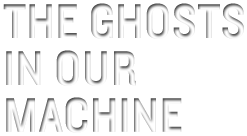
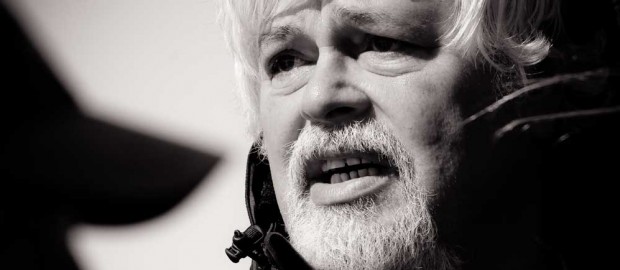


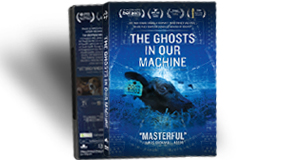
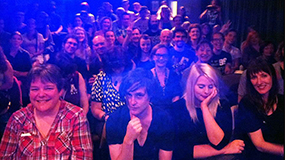
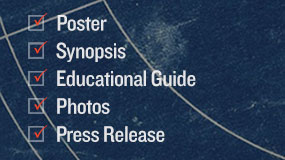

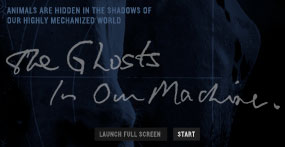





Comments are closed.